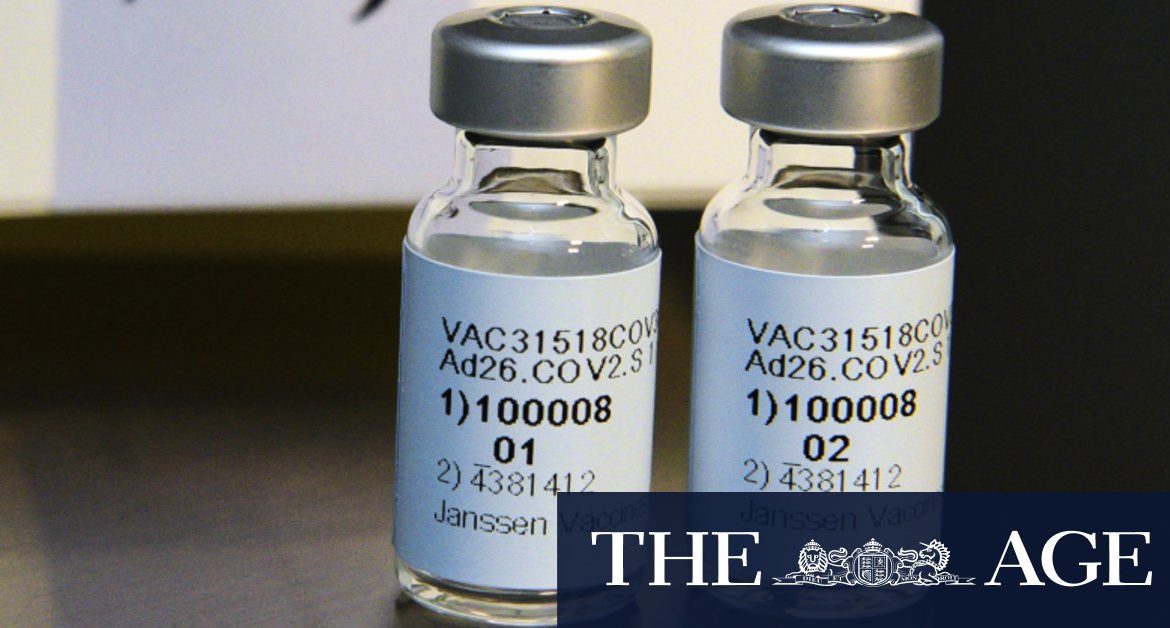That level of prevention “will potentially protect hundreds of millions of people from serious and fatal outcomes of COVID-19,” Dr Paul Stoffels, J&J’s chief scientific officer, said in a statement.
The company plans to seek emergency use authorisation from the US Food and Drug Administration next week.
Public health officials have been counting on the J&J vaccine to increase much-needed supply and simplify the US immunisation campaign.
Unlike the Pfizer/BioNTech and Moderna vaccines, J&J’s does not require a second shot weeks after the first or need to be kept frozen, making it a strong candidate for use in parts of the world with weak transportation infrastructure and insufficient cold storage facilities.
South African variant
Several studies have emerged this month showing that a South African variant of the coronavirus has mutated in areas of the virus that are key targets of vaccines, reducing their efficacy.
“What we are learning is there is different efficacy in different parts of the world,” Stoffels said in a telephone interview.
Importantly, though, in a sub-study of 6000 volunteers in South Africa, Stoffels said, the J&J vaccine was 89 per cent effective at preventing severe disease. Ninety-five percent of cases in the South Africa portion of the trial were infections with the South African variant.
A mid-stage trial of a Novovax Inc coronavirus vaccine in South Africa also showed lower efficacy in the country. It proved to be 60 per cent effective among volunteers who didn’t have HIV. In a separate, late-stage trial in the UK, the vaccine was 89.3 per cent effective.
In the J&J trial, which was conducted in eight countries, 44 per cent of participants were from the United States, 41 per cent were from Central and South America and 15 per cent were from South Africa. Slightly more than a third of the volunteers were over age 60.
There were no serious adverse events among those who received the shot, the company said. Full results will be published in a peer-reviewed journal.
J&J’s vaccine uses a common cold virus known as adenovirus type 26 to introduce coronavirus proteins into cells in the body and trigger an immune response.
The Pfizer/BioNTech and Moderna vaccines use a new technology called messenger RNA (mRNA) that requires it to be stored in a freezer.
Vaccine targets
J&J has said it plans to deliver 1 billion doses in 2021 and will produce the vaccine in the United States, Europe, South Africa and India.
Loading
US trial results for the vaccine from AstraZeneca Plc and Oxford University are expected in early February, opening up the possibility of a fourth vaccine option. It has already been approved in the UK, Europe and many countries based on results of a separate trial.
Novavax is also discussing with the FDA whether its data is sufficient to apply for emergency use authorisation.
J&J is studying the effects of its vaccine given in two doses at two months apart, but results of that trial won’t be available until mid year, Stoffels said.
Reuters
Get our Coronavirus Update newsletter
Stay across the news you need to know related to the pandemic. Sent Monday and Thursday. Sign up here.
Most Viewed in World
Loading







